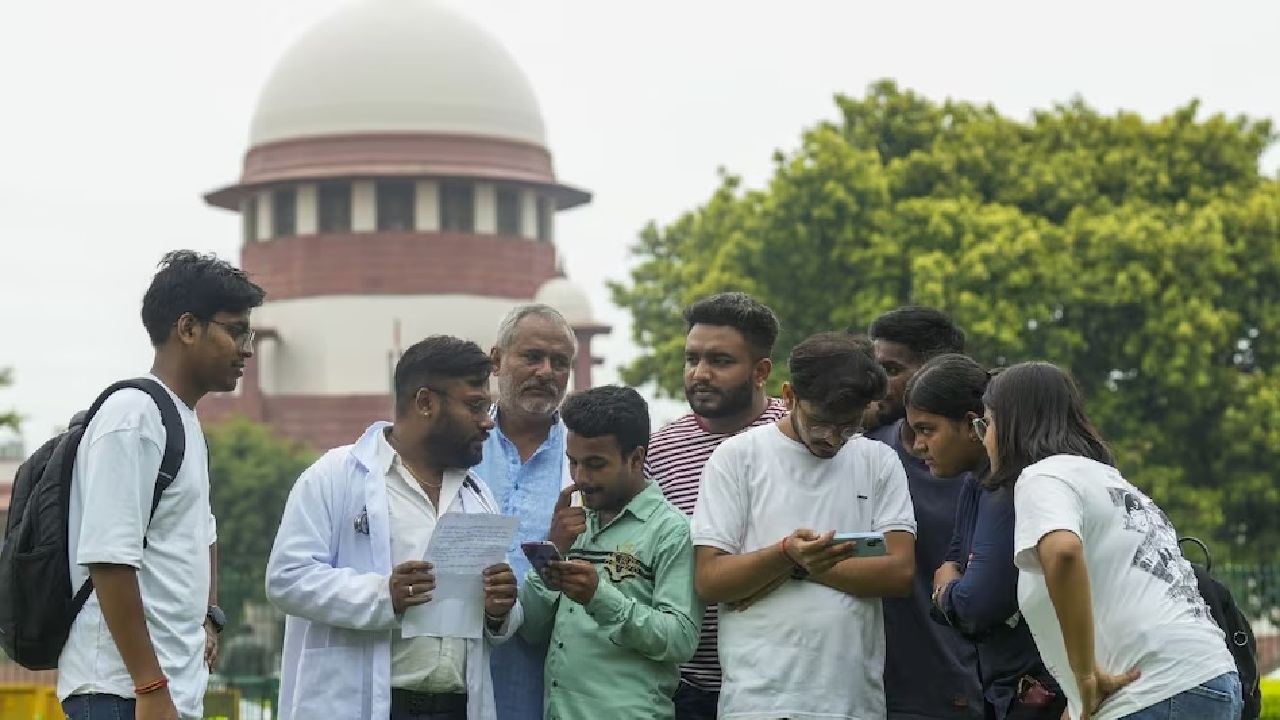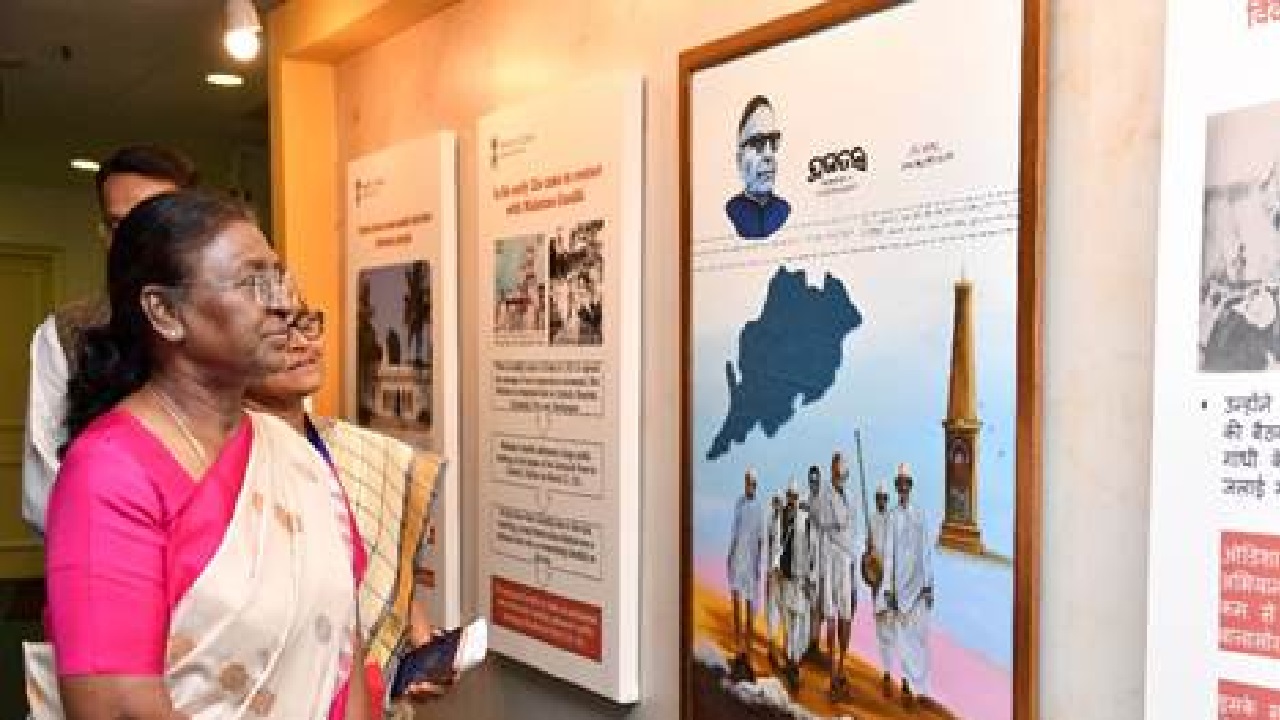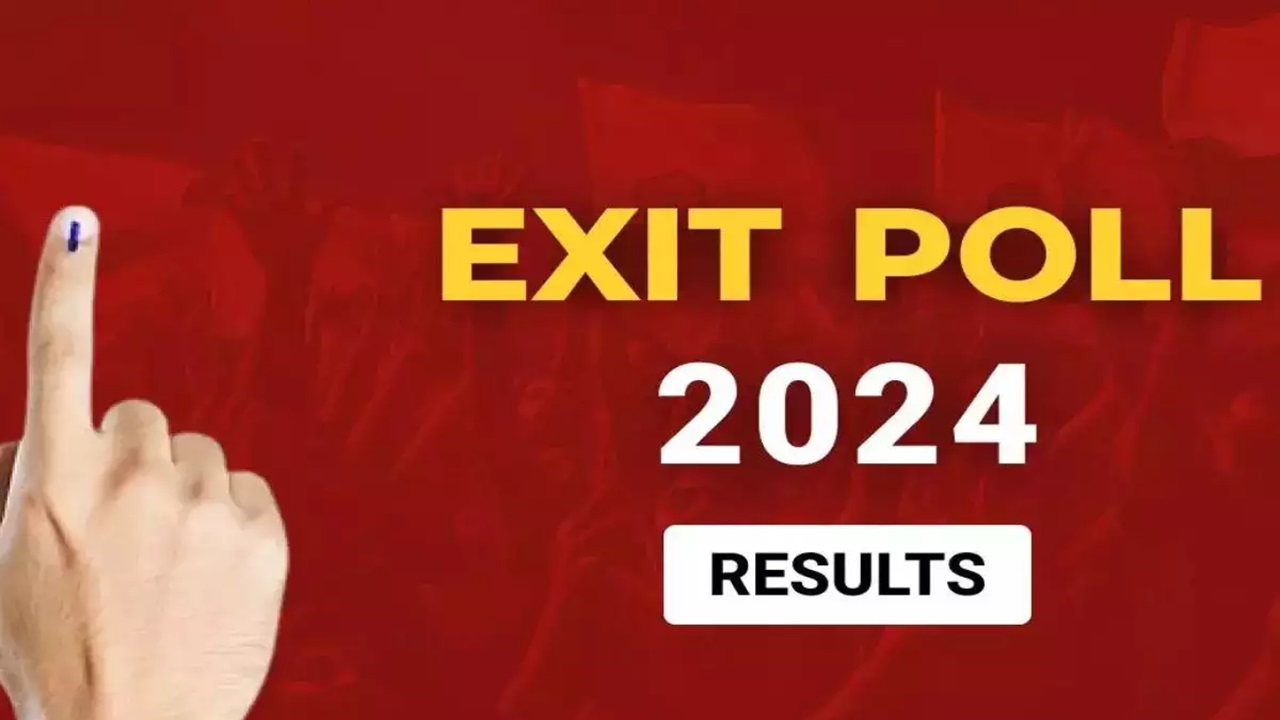
Key Ruling on Re-Test
On Friday, the Supreme Court delivered a significant judgment concerning the NEET UG 2024 examination, addressing the controversy surrounding the alleged paper leak. The Court decided against ordering a re-examination, stating that the issue was confined to specific locations in Bihar and Jharkhand—Patna and Hazaribagh. The Court emphasized the need for the National Testing Agency (NTA) to avoid inconsistencies and to maintain a steady approach in managing such critical examinations.
Findings on the Leak
The Supreme Court’s three-judge bench, led by Chief Justice of India (CJI) DY Chandrachud, observed that there was no evidence of a “systematic breach” of the NEET question papers. The leak was restricted to Patna and Hazaribagh, and did not impact the examination process on a broader scale. This finding led the Court to reject multiple pleas for a re-test, focusing instead on the need for structural improvements within the NTA.
Criticisms of NTA’s Handling
CJI Chandrachud criticized the NTA for its handling of the NEET UG examination, particularly noting the agency’s erratic decisions and lack of clear protocols. He highlighted the need for stability in the examination process to ensure the interests of students are adequately protected. The Court urged the NTA to adopt a more consistent approach and rectify the deficiencies identified in the examination procedures.
Recommendations for Improvement
The Supreme Court has directed the Radhakrishnan panel to develop a comprehensive standard operating procedure (SOP) for the examination process. This includes:
· Standard Operating Procedures: Establish clear protocols for conducting exams to prevent future issues.
· Technological Advancements: Integrate technological solutions to enhance the integrity of the examination system.
· Data Protection: Implement strict protocols to safeguard sensitive information.
· Exam Centre Allocation: Review and improve the process for assigning exam centers.
· Identity Verification: Enhance identity checks and technological measures to prevent impersonation.
· Mental Health Programs: Introduce mental health support for students.
· Transport Security: Assess the use of secure, closed vehicles for transporting examination papers to prevent tampering.
Government’s Evaluation Committee
In response to the Supreme Court’s directives, the government has established an evaluation committee tasked with regulating and improving the examination processes. The committee is expected to address several critical areas, including the protection of data, examination center management, and the incorporation of technological advancements to strengthen the system.
CBI’s Preliminary Findings
The Central Bureau of Investigation (CBI), which is investigating the paper leak, reported that the question papers were accessed after the locks on the trunk carrying them were broken. The Court advised the NTA to consider using closed vehicles with real-time locks, rather than open e-rickshaws, to transport sensitive examination materials.
The Supreme Court’s ruling underscores the need for systemic reforms within the NTA and highlights the importance of robust procedures to maintain the credibility of the examination process.
(With inputs from agencies)







